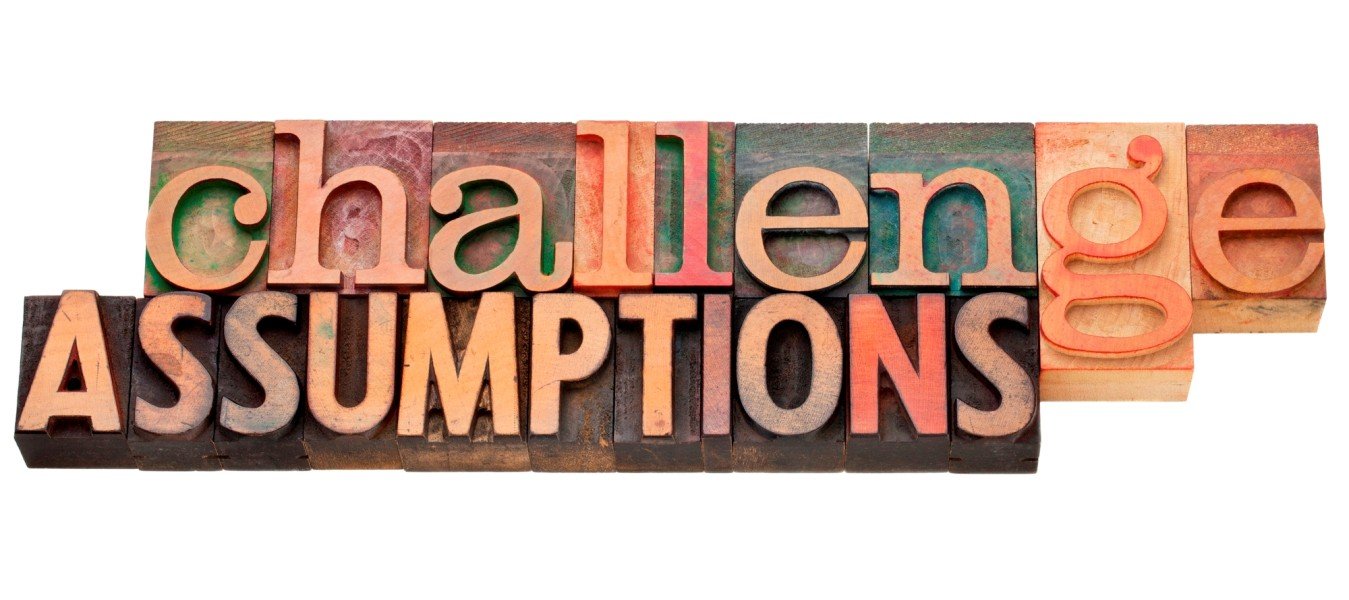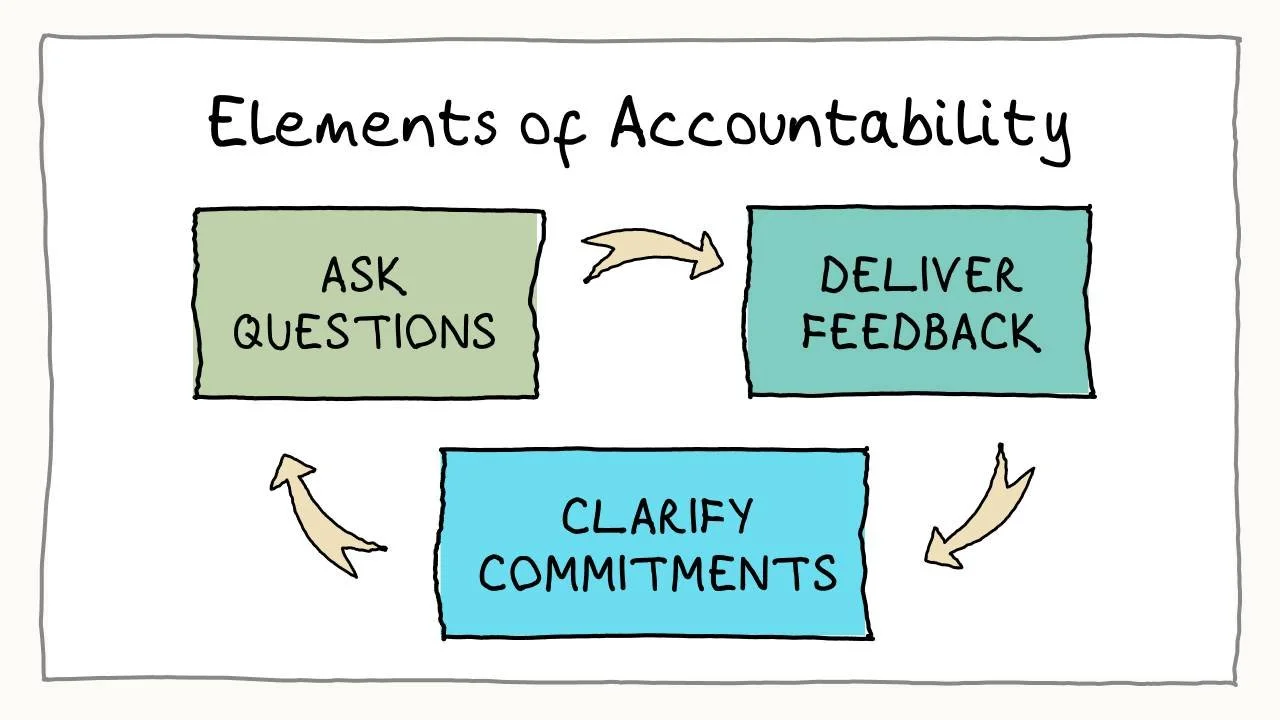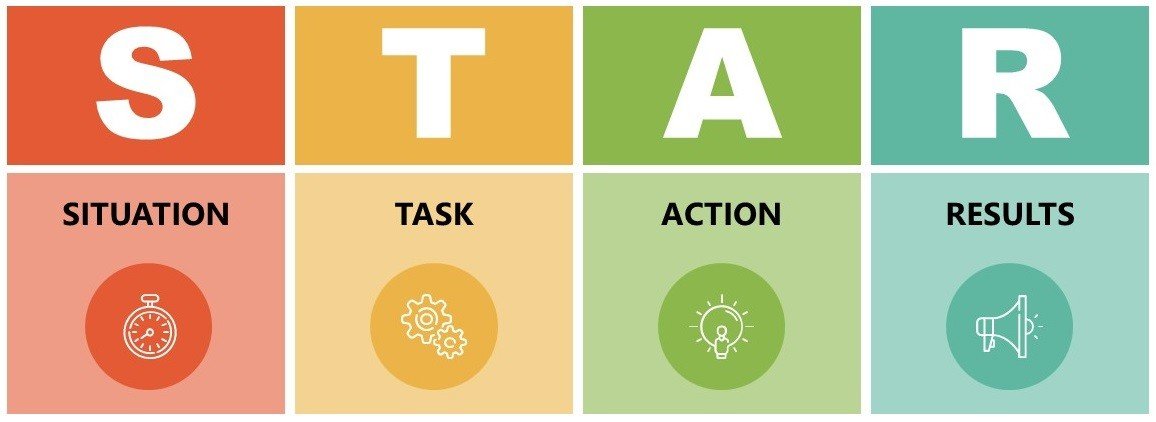One of the biggest challenges in coaching a sales team is bridging the gap between varying levels of skill and motivation to ensure that every member can contribute meaningfully to collective success. Rather than simply elevating the lowest common denominator, effective coaching focuses on unlocking individual potential, fostering a culture of continuous growth, and creating synergy within the team. My approach centres on aligning both the head and heart, I mean engaging team members both intellectually and emotionally, so that they operate with clarity, confidence, and a shared sense of purpose.
Contact me via email to schedule a 1:1 meeting.
Execution responsibility
Many people are conditioned to believe that being gracious means avoiding speaking up, especially when their boss gives instructions. This creates a false dichotomy: either stay silent or become overly critical by questioning and complaining about everything. I don’t think that either approach is effective. Instead, managers and leaders should focus on fostering accountability and encouraging conversations that matter. Holding your team accountable often serves as a catalyst for meaningful dialogue. I think by creating a space where employees feel safe to discuss how they can achieve the goals they were hired to accomplish, managers and leaders can cultivate a collaborative and productive environment.
Communicating your vision
As your coach, I serve as the compass to help you "land the plane," so to speak. I act as a deep listener, helping you stay connected to the goals you set. So, let’s think about whether this is the next step you want to take. Here are a few questions to help you reflect:
What do you need to do?
How will you do it?
By when?
With whom?
What will success look like, and how will you measure it?
Contact me via email if you have any other considerations.
The STAR coaching model
The STAR coaching model, which stands for Situation, Task, Action, and Result, is an effective tool for guiding structured and meaningful conversations. It is commonly used in coaching to help individuals reflect on their past experiences and behaviour, making it easier to identify goals and develop actionable plans for the future.
The process begins by discussing the situation, the specific context or challenge that created difficulty. From there, the conversation moves to the task, where the client is encouraged to think about what they believe they should do to address the issue. The next step involves reflecting on their actions, or how they typically respond to such situations, allowing them to examine their thought patterns and behaviour. Finally, the coach and client assess the result of those actions, exploring both the outcome and how the individual feels about it. I think this reflective process allows for accountability and promotes collaborative problem-solving, making it a valuable framework for personal growth and goal setting.
Contact me via email for 1:1 or group coaching.
Taking back your power
I think that if you want to achieve anything in this world you have to get used to the fact that everyone is not going to like you. And if you want everyone to like you then this would be inconsistent with making any significant impact. Therefore, I made a deal with myself a long time ago that if people didn’t like me because they disagreed with me then I was OK with that, and if a person didn’t like me because they were intimidated by something I said, then I was also OK with that. On the other hand, if someone I respected didn’t like me then I would have a problem, and I would definitely have to take accountability for that and admit that I am doing something wrong.
Solid foundations
We all strive for success in our businesses, this becomes easier when we have a clear and well communicated vision, core values, and strategy that everyone in the organisation understands. Effective execution requires processes and procedures which are centred around the critical drivers of your business’ success. I think that focusing intently on these steps will significantly improve the internal accountability by measuring and being transparent about the key performance indicators that drive success. It’s a good idea to praise those who hold themselves accountable and deliver on their promises as this will accelerate the positive results for your business.
A is for accountability
As debate rages about restarting economies, one critical element is absent from discussion. In his Harvard Business Review article, Joseph Grenny suggests that the heart of a high reliability culture is immediate peer accountability. The predictor of our success or failure will have less to do with when businesses open their doors and more to do with how often people open their mouths. I think greater transparency is needed to generate respect, trust and support. Do you accept accountability for the actions of your organisation and for their metrics of value creation?
The ABC's of leadership
For many years the ABC’s of leadership was an abbreviation for Act, Build and Commit. Under the current circumstances, perhaps it’s time for a new acronym. What do you think about Korn Ferry’s Accountability, Belief and Capability?
Accountability. The accountability we wish to see in others starts with each of us. In other words, we must first be accountable to ourselves for our own behaviors. Believe it, say it, mean it, act it!
Belief. When we believe we can make a difference - that change is possible - then our actions will follow. And if we don’t believe, we won’t achieve..
Capability. This is a broad brush: listening, connecting, inspiring, giving and getting honest feedback, expanding networks, exploring with others, and constantly looking for opportunities to learn. It’s all about allowing belief and accountability to shine through actions.









